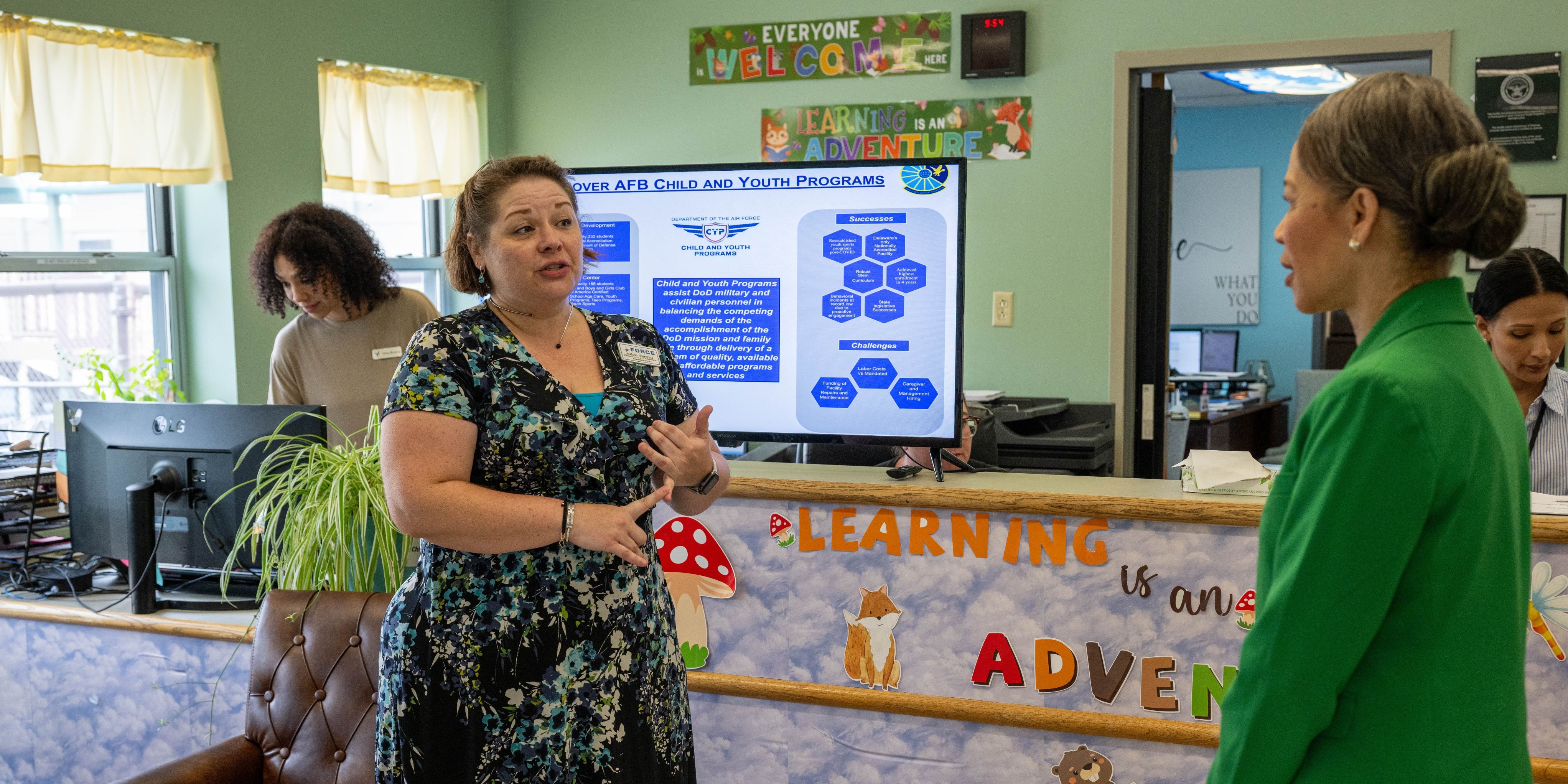MILITARY CHILD LIFE: NAVIGATING UNIQUE CHALLENGES AND BENEFITS
COMMENT
SHARE

ADVERTISEMENT
Growing up as a military child can have its advantages, but most especially, there are always challenges.
There will be constant moves, long separations from one parent, adjustment to a new school, or even adjusting to new communities you’re going to belong to as soon as you move. Being a military child can make your life demanding, but it can also shape children in many ways, such as being resilient.
Challenges and Benefits for Military Families
If you’re a military child, life may be constantly changing for you. There’s a lot of adventure and sometimes challenges.
“It means so many things. It has brought so many good as well as bad things into my life.” – said Kendra, a military child.
Growing up in a military family, one must understand that their parents might be away because of deployments, which could have an impact on their emotional development. Given that being in a military family makes one disciplined, it also comes with a sense of responsibility and respect, which could help create a strong foundation for the children.
“When our parents get deployed, we may have to go six months to a year without our hero. It can be very heavy without our hero. Our parents are the reason we have an extra family and so many friends. The military is like a second home in a way. It’s full of related individuals who may be going through the same thing as others. There’s always a shoulder to lean on in the military family," Kendra said in a statement.
Apart from this, there are also other challenges – as a military child, not growing up in one place for long exposes them to different cultures, different schools, and sometimes different experiences.
“I had to move from Colorado to Arizona in middle school. I moved during the seventh grade. It was difficult because the states were learning two completely different things at the time,” Kendra said.
Nobody Prepared You for Military Life
But we can help. Join over 100k spouses already getting the advice, resources, and military tea they need to thrive.
What Are Some of the Challenges of Military Life?
Deployments and separations can be tough on some military kids. Thus, they often pose an increased risk of:
- Mental health diagnosis of acute stress, mood, and behavior disorders
- Poor academic achievement
- Younger children: May display stress as clinginess, tantrums, defiance, changes in appetite, nightmares.
- School-age children: Experience an increase in fears/worries; difficulty concentrating
- Teens: May have to give up extra-curricular activities due to the changes in the family dynamic
PCS Moves: Adapting to New Military Bases
Being in a military family, you are always going to move to different places, and it’s one of the things that might be hard for a military child.
Military families typically have to move every two to three years, which makes a military child have to say goodbye to friends, teachers, and familiar places. It’s a constant change, and the transition can sometimes be overwhelming.
“There have been some heartbreaking moments. Such as leaving my best friends that I have previously met,” said Kendra.
As a military child, every move means a new school, new friends, or sometimes a different culture as well. Adjusting isn’t always easy, but because they need to, military children may have developed the ability to adapt.
Adaptation Strategies for Military Children
Being able to adapt is one of the traits of a military child, given that they need to grow quickly. With this, they can develop problem-solving skills, emotional intelligence, and be able to connect with all people.
Some military children build strong relationships with other families, and that’s why they know how to adapt, as they rely on the people around them and create a support system. They create relationships through shared experiences.
With some coping mechanisms that they learn along the way, it can help them face challenges with courage.
ADVERTISEMENT
What Are Some of the Benefits of Military Life?
While military life can present some challenges to children, there are also several benefits. These include:
- Having access to a steady income, residential stability, child development centers, comprehensive health care and some educational benefits/assistance
- Military families are often close-knit, and are a source of central support
- Bonds strengthened by separation
- Web of support-extended family, friends, caregivers, teachers, coaches
- Support of the military community
- Shared values and traditions
Support Networks for Military Children
Having a support system for military children is very important. Sometimes, being away from their parents is very challenging.
“When our parents get deployed, we may have to go six months to a year without our hero. It can be very heavy without our hero. Our parents are the reason we have an extra family and so many friends,” Kendra said.
With the support of families, friends, military communities, and even other resources, a military child will be able to go through challenges and grow into a strong individual who also understands the value of duty, sacrifice, and service.
Read next:
- Utah Air Force Base Families Struggle After Child Development Center Closes
- Study Finds Military Families Homeschool at Twice the Rate of Civilian Families
- Military Child Care Centers & DOD Teachers Given Exemption from Civilian Hiring Freeze
Sources:
Join the Conversation
BY ALLISON KIRSCHBAUM
Veteran, Military History & Culture Writer at MilSpouses
Allison Kirschbaum is a Navy Veteran and an experienced historian. She has seven years of experience creating compelling digital content across diverse industries, including Military, Defense, History, SaaS, MarTech, FinTech, financial serv...
- Navy Veteran
- 7 years experience in digital content creation
- Expertise across Military, Defense, History, SaaS, MarTech, FinTech industries
ADVERTISEMENT
ADVERTISEMENT




